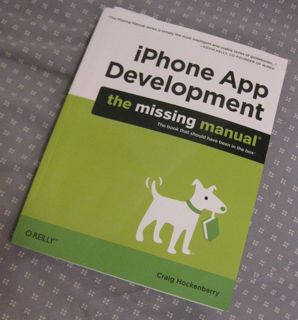Amount versus Number
"amount of people employed as an architect"
I'm not sure how aware I was of this misuse of 'amount' before I went to Thailand, but in Thailand I learned what the problem is. In Thai, you don't do something like add an 's' at the end of the word to indicate more than one. Instead you use a classifier. So, you say
- "man, two people,"
- "car, four vehicles," or
- "chair, two things-with-legs."
I realize that sounds totally weird to people used to adding an 's.' But we actually do the same thing in English for mass nouns. Some examples:
- I want five gallons of gas. (Not five gasses)
- Two cups of coffee please. (Though people say "two coffees," this is really short for "two cups of coffees" and not two beans or two pounds of coffee.)
- Three pounds of beef.
- We talk about dollars and cents, not monies.
- We can talk about three days of bliss, but not three blisses.
Count Nouns and Mass Nouns
The key is a distinction between 'count nouns' and 'mass nouns.' Like the term suggests, count nouns are things you can count - birds, books, noses, toes, bikes, songs.
Mass nouns are things that aren't individually separable: water, humanity, time, distance, rice, music, mail. You have to use another word - a classifier - to indicate amounts of these things. Some, like humanity, I can't think of any classifiers for, just vague descriptions like 'a lot of' (which, we can use for mass AND count nouns.)
So, 'people' is a count noun. We can count people. There is one person, two people, three people, etc. Amount is used for mass nouns: amount of rice, amount of space, amount of depression, amount of money, amount of mail. To indicate a specific amount we have to use a classifier:
- two sacks (or bowls or grains) of rice
- 1500 square feet of space
- several bouts of depression
- forty Euros
- in two hours
- seven pieces of mail or five letters and two magazines.
For count nouns, we don't usually say 'amount.' We say
- The number of people employed as architects.
- The number of books in the library.
- The number of bikes sold in May.
For mass nouns, we ask, "How much?" We want to know the amount.
- $5
- ten gallons
- 21 lbs. in three months
- a pinch
- How far?
- How long?
- How high?
For count nouns, we ask "How many?" We want to know the number.
So, if we say 'amount of people,' we're implying an amount of something that is not countable by itself, like rice or water or beef. We use a classifier, some unit of measure for that noun. It would be as if the person were asking about a mass of indistinguishable people: How many busloads of people? How many pounds of people? How many acres of people?
I suspect the searcher was looking for a number.
This is not intended as a rant, but rather as a clarification. I appreciate grammatical creativity. I'm less amused by grammatical laziness. Grammar can sometimes seem unnecessarily complicated. But the words and grammar have their own meanings embedded. Sometimes they are redundant. But when the speaker and the listener both understand the nuances of the grammar and use it correctly, the redundancy acts as a confirmation of the speaker's intent. Meaning is more precise and there is less misunderstanding.


















